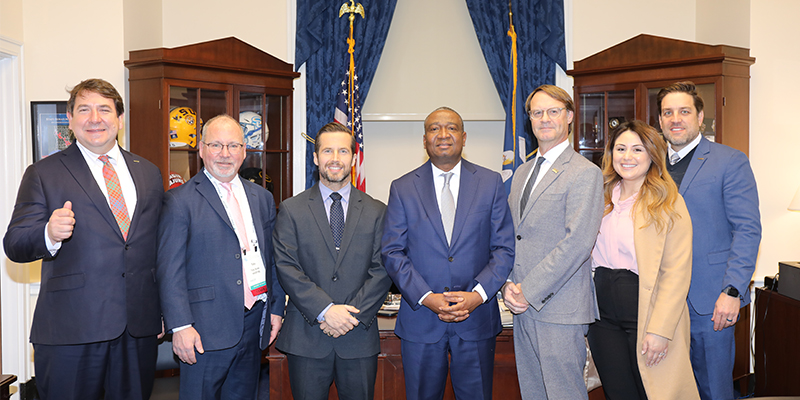A word that has been repeatedly used to describe the workings of Congress is “chaos.” So why should we expect things to change just because it’s a new year? The spectacle put on by the new Republican majority in the House of Representatives trying to choose a speaker this week clearly shows that nothing will be a sure thing in this Congress.
Kevin McCarthy (R-CA), the Republican minority leader in the last Congress who wanted to be speaker in the next, after his party won a slim majority in the 2022 congressional midterm elections, failed to get the needed number of votes on the first round of voting. Then he failed on the second round. Ditto on the third try. Meanwhile, House Democrats were clearly enjoying the Republican dysfunction, with all of them voting for their leader, Hakeem Jeffries (D-NY), giving him more votes than McCarthy. While Jeffries was not going to get enough votes to become the speaker, it was great optics for House Democrats who were united while Republicans appeared disorganized.
Choosing a speaker is the first order of business for a newly elected Congress. It’s a constitutional requirement, and nothing in the House happens until a speaker is chosen. Members cannot be sworn in, committee assignments cannot be made, and Congress cannot consider legislation. It has been 100 years since a speaker was not chosen by a new Congress on the first ballot.
McCarthy was vigorously opposed by a very small but vocal group of Republicans – about five, led by Andy Biggs (R-AZ) and Matt Gaetz (R-FL), who had publicly stated they would never vote for McCarthy as speaker. Because Republicans have only a very slim majority in the new Congress, McCarthy could afford to lose only four votes. McCarthy spent much of November and December courting the opposition, negotiating rules changes they had demanded, all to no avail. Up to 20 Republicans voted for someone other than McCarthy for speaker before the House adjourned for the night on Tuesday.
While most observers expected divided government to result in legislative gridlock for much of this year, there are some things Congress must do, and the deep divisions evident in the Republican House majority clearly signal rough waters ahead on these must-do items. These include a vote to increase the national debt limit in order to avoid a default on federal debt and allow the government to continue borrowing. Estimates put the latest this needs to happen by the third quarter of the year. Spending hardliners will try, as they have before, to use the debt limit vote as leverage to reduce spending. Passage of an omnibus appropriations bill will be another opportunity for Republican members to play hardball, possibly leading to a government shutdown.
Of course, we have no choice but to continue advocating for the interests of the commercial real estate industry no matter what the political terrain may be in Congress. President Joe Biden is sure to resubmit a budget with his prior proposals, which could include tax increases on capital gains, eliminating Section 1031 like-kind exchanges, and estate tax changes disproportionately impacting real estate assets. While these have little chance of passing in a Republican House, they will be subject to debate and NAIOP will need to educate newer members of Congress on their impact on commercial real estate.
In much the same fashion, we will need to advocate for needed policies that may not make in it into legislation immediately, but could eventually come to fruition at a later time. The work-from-home trend may in fact be a permanent feature of our economy, and the high vacancy rates in many office markets may persist. With a severe shortage of affordable housing in many communities, it makes sense for the federal government to look at tax incentives to promote the adaptive reuse of vacant and underutilized buildings to residential usage. Otherwise, we could be looking at stranded assets, reducing the tax base for communities and contributing to a downward economic spiral in many of our major cities, at the same time our industry is pressed to offer solutions to the housing crisis.
Finally, federal agencies will continue their regulatory functions. We’ll be engaging with lawmakers to make sure they understand the impact of a “Waters of the United States” (WOTUS) rule, as well as the challenges faced by the real estate industry in complying with certain elements of the climate-related disclosure regulation being promulgated by the Securities and Exchange Commission.
The phrase “it’s not how you start, but how you finish” might still be something we say about the 118th Congress. But judging from the events of this week, that may take a while.








